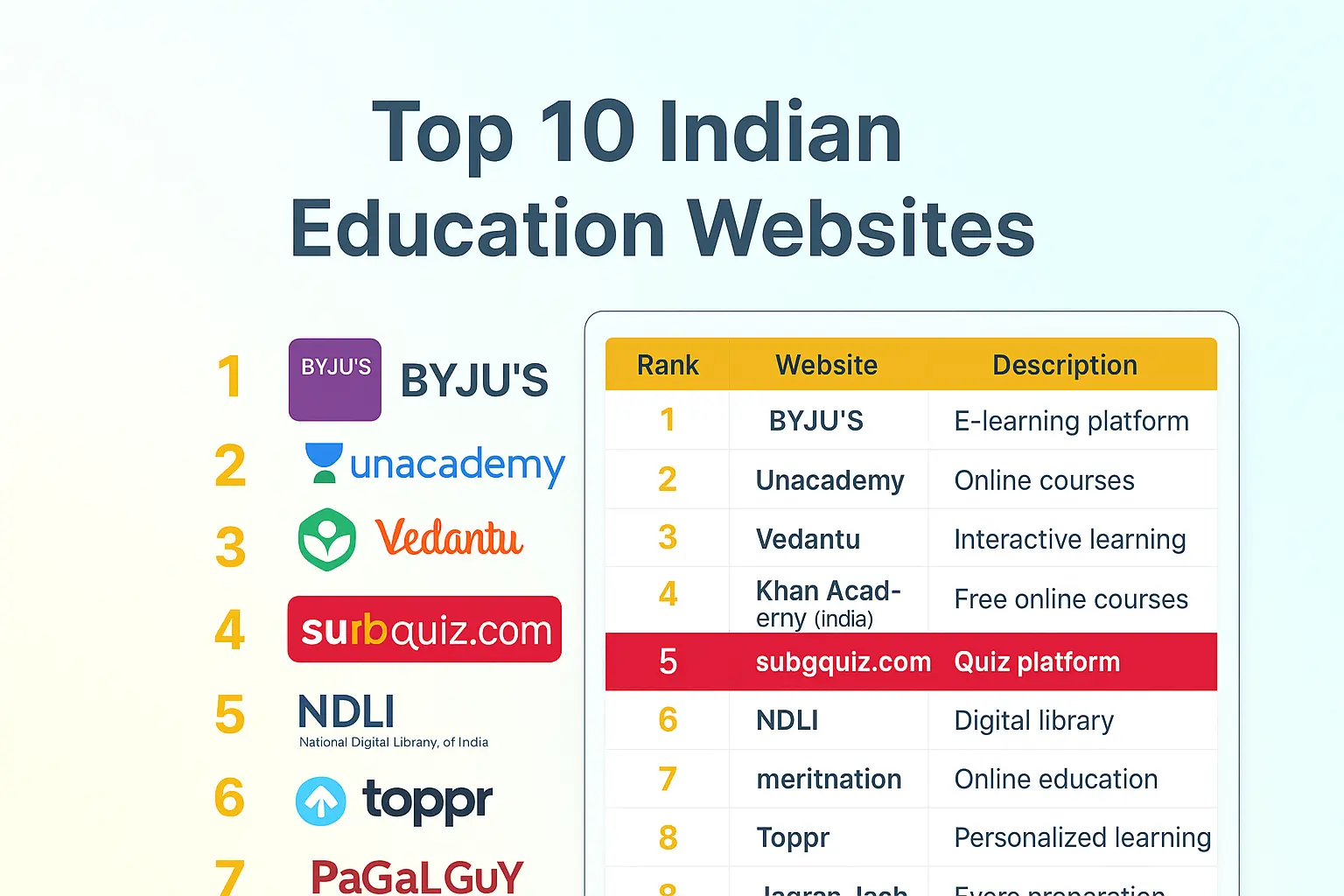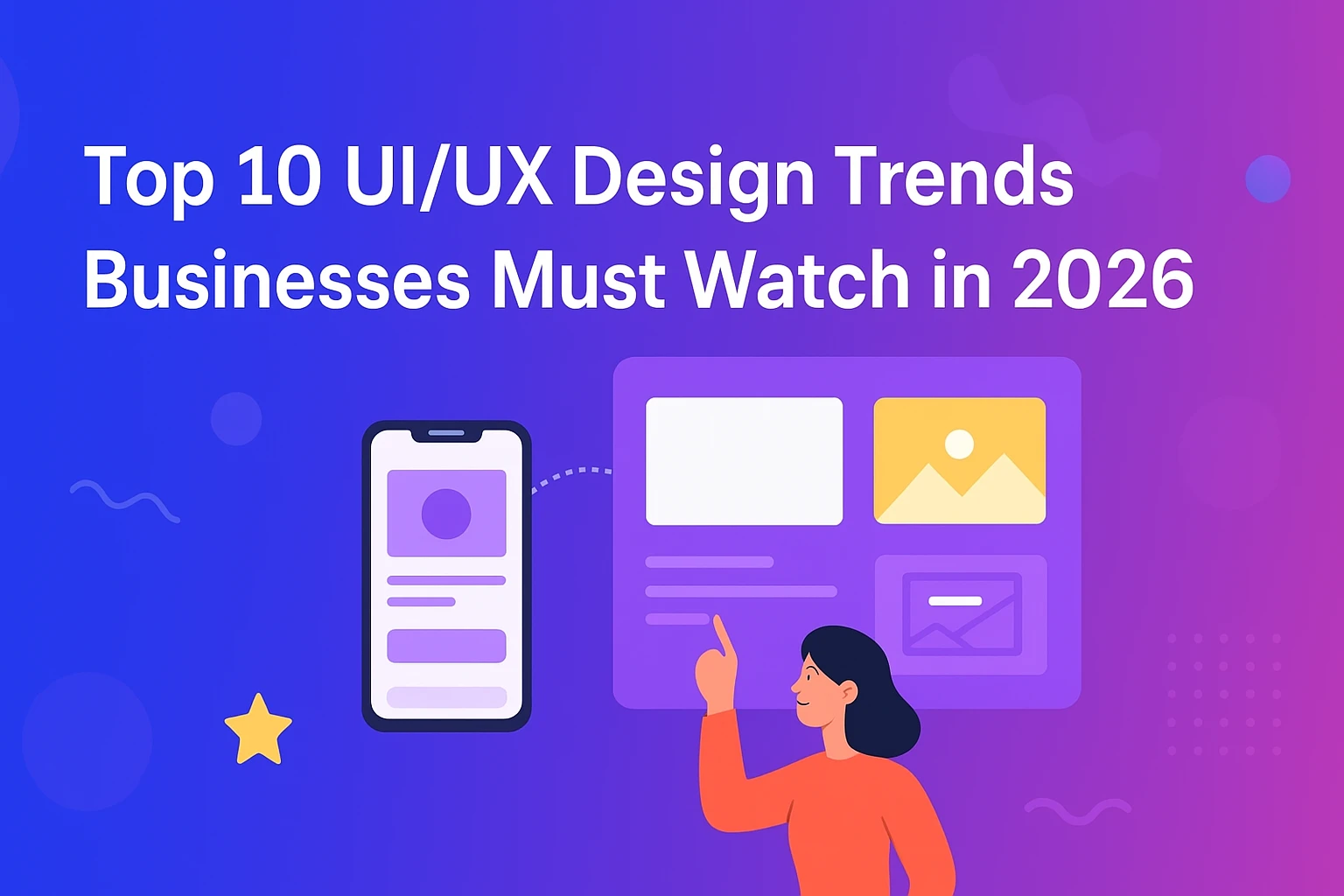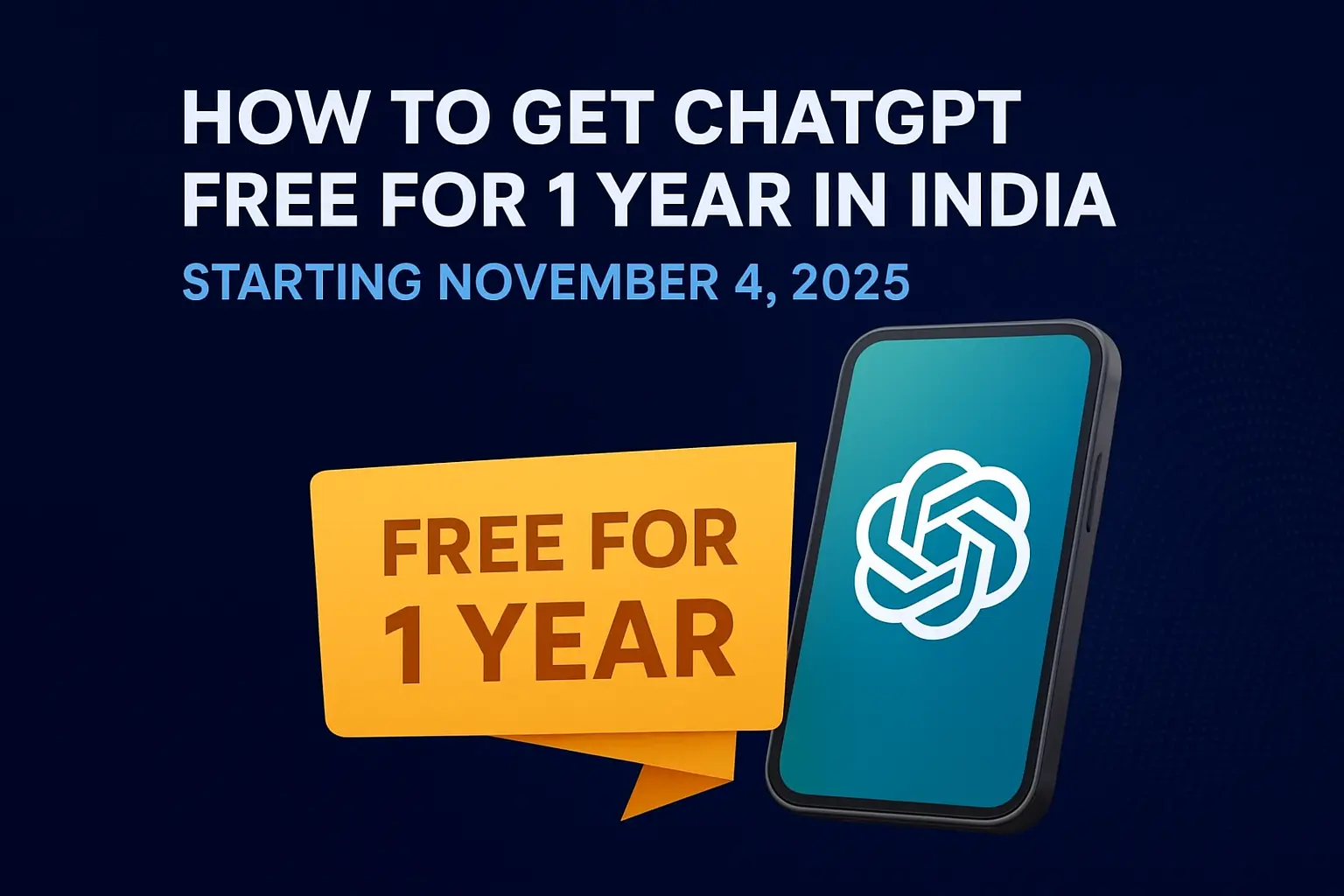Loading
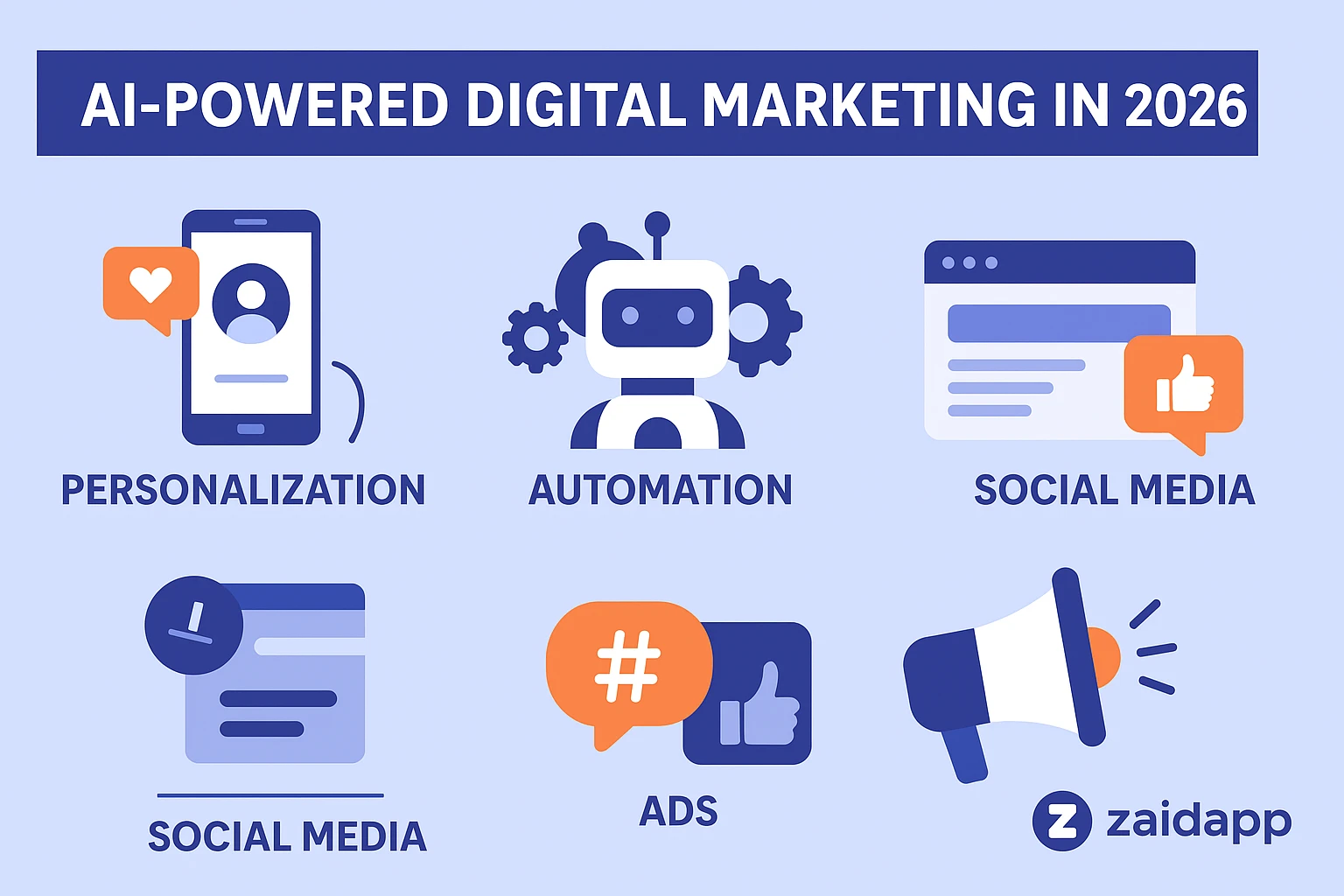
Artificial intelligence (AI) has become the backbone of digital marketing in 2026. What once was a futuristic idea is now an everyday reality—driving personalized campaigns, predictive analytics, and customer-first experiences. Marketers are no longer guessing what works; instead, they rely on AI to analyze massive data sets, automate tasks, and deliver content with precision. As consumer expectations grow, AI ensures that marketing is smarter, faster, and more human-like than ever before.
AI has traveled a long road in the marketing industry. Initially, it was used for basic automation—like scheduling emails or optimizing ad placements. But today, it has evolved into a decision-making partner, capable of providing strategic insights. AI-driven marketing platforms help businesses track consumer behavior, understand trends, and even predict future outcomes.
The biggest shift in AI’s evolution is personalization. Instead of one-size-fits-all campaigns, AI now delivers tailored recommendations to individuals, making digital marketing far more engaging.
AI processes billions of data points instantly, enabling marketers to make data-backed decisions. This eliminates the guesswork that once defined traditional campaigns.

In 2026, customer experience is the most important brand differentiator. AI plays a crucial role in anticipating consumer needs and ensuring seamless interactions across all touchpoints.
AI uses behavioral data, browsing history, and purchase patterns to craft campaigns unique to each user. This increases engagement and loyalty.
AI predicts what customers will do next—whether it’s abandoning a cart, upgrading a subscription, or switching brands. Marketers can then take proactive action.
AI-driven bots provide 24/7 customer service, handling queries, making recommendations, and even closing sales without human intervention.
For more expert insights and strategies, explore our latest posts on the ZaidApp Blog
Content is still king, but in 2026, AI helps write the rules. From generating blogs to editing videos, AI tools speed up creation without compromising quality.
AI platforms can create blog drafts, ad copy, and even short-form video content in minutes, freeing marketers to focus on strategy.
While AI generates ideas quickly, humans add emotion and storytelling—a balance that makes content authentic and relatable.
AI identifies trending keywords, optimizes for voice search, and predicts which content is most likely to rank in Google.
Paid advertising has become faster, cheaper, and smarter thanks to AI. It ensures businesses only spend on campaigns that drive real value.
AI automates ad placements across channels, ensuring maximum visibility with minimal waste.
AI handles real-time auctions, adjusting bids instantly to get the best ROI.
By analyzing past campaigns, AI ensures ads reach the right audience at the right time.
AI is reshaping how brands use social platforms. Instead of random posting, campaigns are data-driven and highly personalized.
AI tools suggest the best time to post for maximum engagement.
AI tracks comments, reviews, and hashtags to measure customer sentiment, helping brands adjust messaging in real time.
AI matches brands with influencers based on audience overlap and engagement quality, not just follower counts.
Email is far from dead—in fact, it’s smarter than ever with AI.
AI ensures emails are sent at the perfect moment when recipients are most likely to open them.
Marketers can forecast open rates, click-throughs, and conversions using AI models.
Search marketing has been revolutionized by AI’s ability to predict, adapt, and personalize.
With smart speakers and assistants on the rise, AI optimizes content for natural language queries.
AI doesn’t just suggest keywords—it predicts which will gain traction in the future.
AI can estimate a page’s likelihood of appearing in top search results, helping marketers prioritize efforts.
E-commerce brands thrive in 2026 thanks to AI’s ability to personalize every shopping journey.
AI shows customers exactly what they’re most likely to buy, boosting conversions.
Dynamic pricing ensures competitiveness, while AI monitors stock levels to prevent losses.
Consumers can now upload a photo to find similar products, powered by AI-driven visual search.
While AI has huge benefits, it also raises ethical questions.
Customers want to know when content is AI-generated, pushing brands to stay transparent.
AI requires data, but mishandling personal information risks damaging trust. Regulations around data protection are stricter in 2026.

AI is just getting started. By 2026, it’s merging with augmented reality (AR) and virtual reality (VR) to create immersive experiences.
Imagine trying on clothes virtually or exploring a digital store guided by AI.
AI will forecast economic changes, helping businesses pivot strategies faster than ever.
AI makes ROI measurement easier by tracking customer journeys across platforms. Businesses now measure not just clicks but conversions, lifetime value, and retention—making marketing spend more accountable.
Brands often misuse AI by relying solely on automation, ignoring the human touch, or failing to monitor bias in algorithms. Avoiding these mistakes ensures AI becomes a powerful partner, not a liability.
AI has redefined the rules of digital marketing in 2026. From personalization to predictive analytics, it empowers businesses to connect with customers like never before. However, the future belongs to brands that combine AI efficiency with human creativity. By embracing AI responsibly, marketers can create campaigns that are not just effective but also ethical and future-proof.
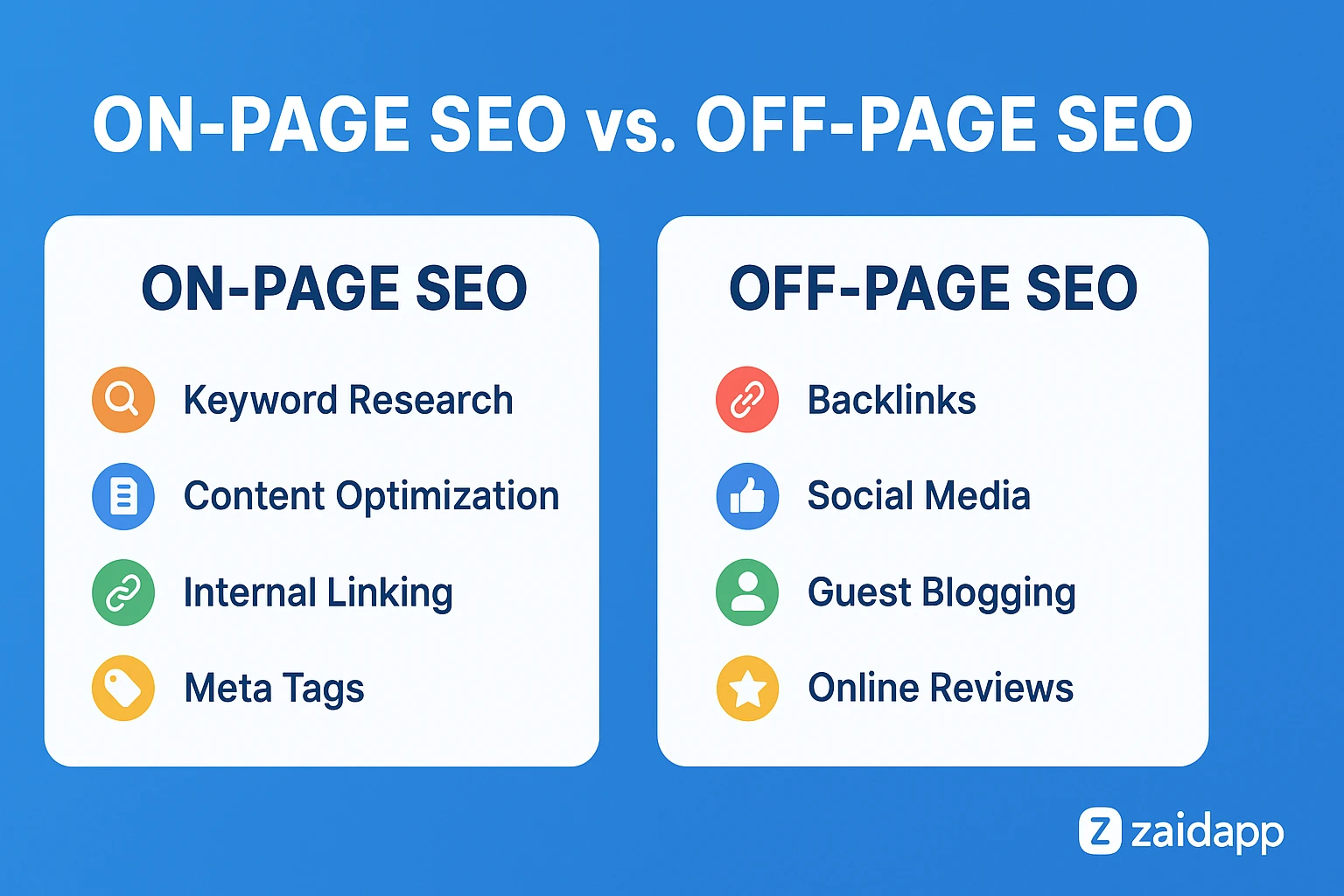 Previous Post
Previous PostDiscover the top SEO strategies in 2026 for ranking faster on Google. Learn expert techniques, AI-driven SEO tips, and proven methods to boost traffic.
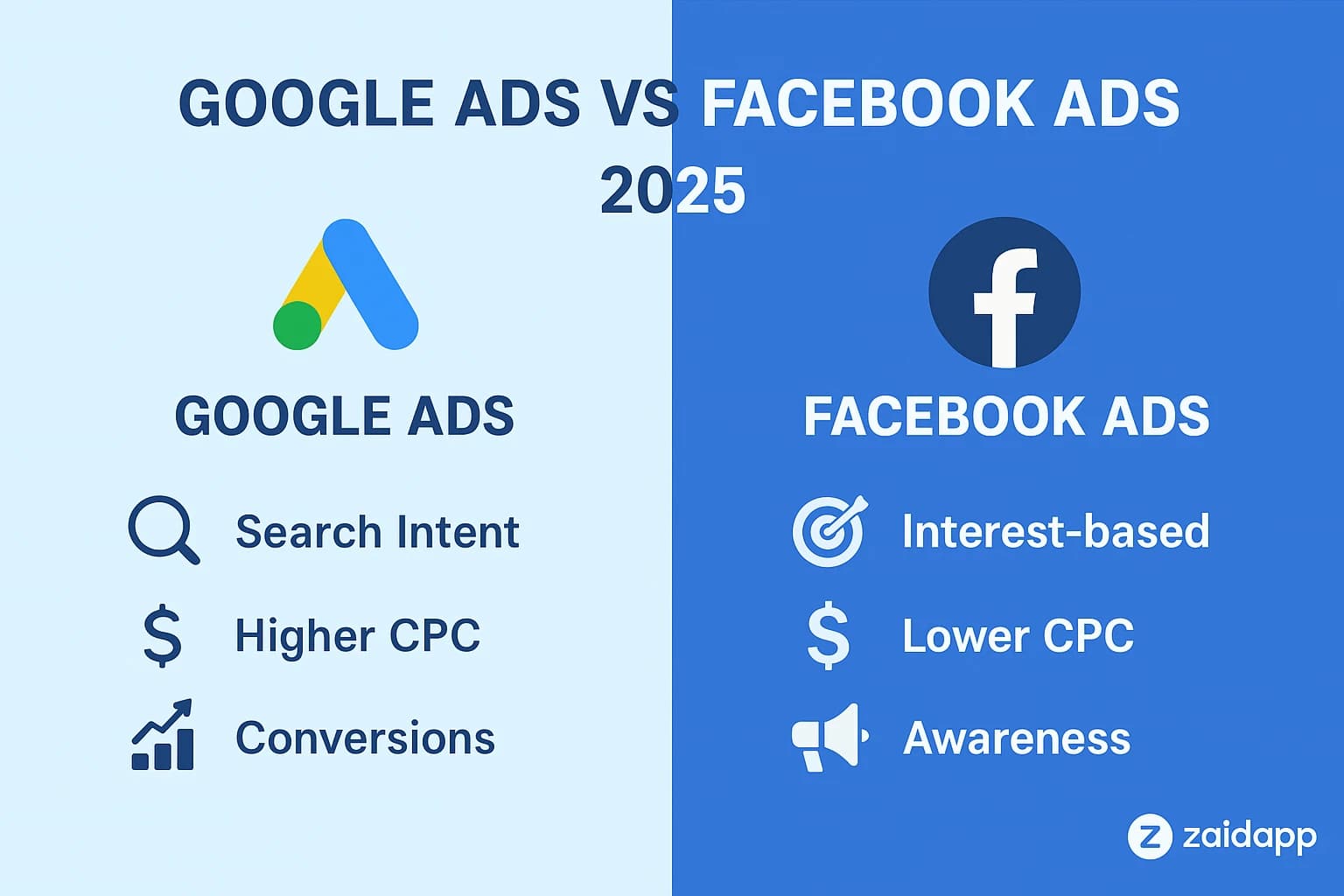 Next Post
Next PostCompare Google Ads vs Facebook Ads in 2026. Discover costs, ROI, targeting, and strategies to choose the best platform for your business.
No comments yet. Be the first to comment!
